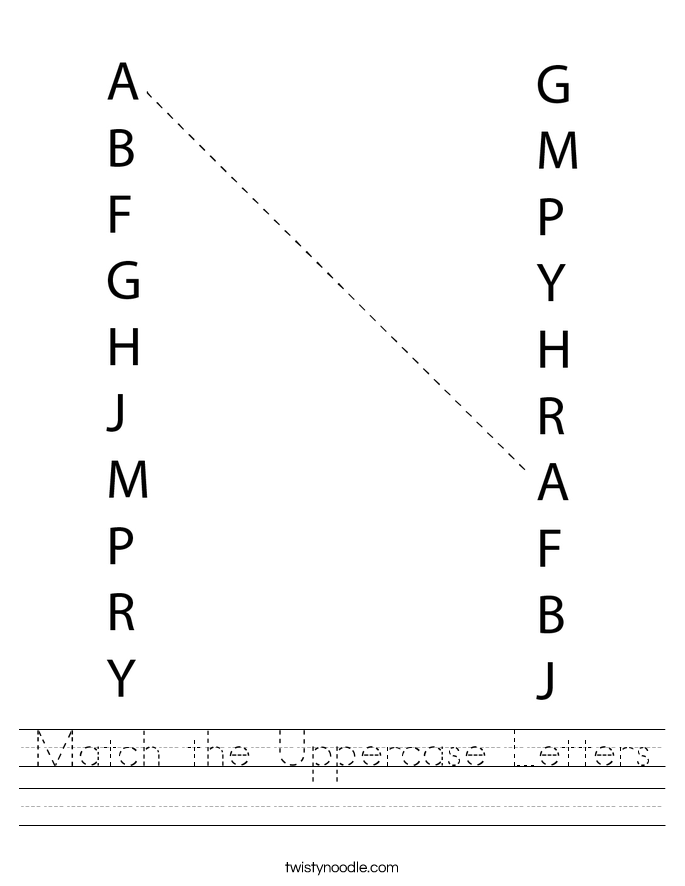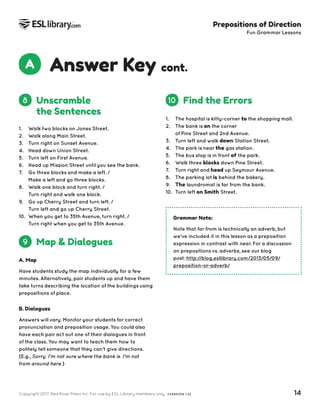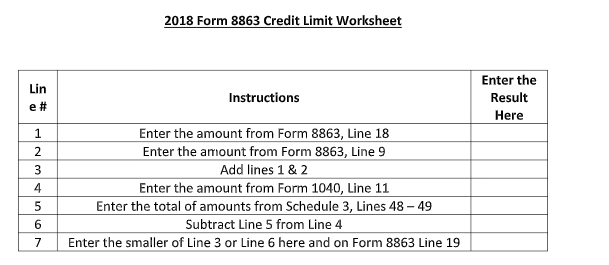7 Ways to Master Complex Sentences
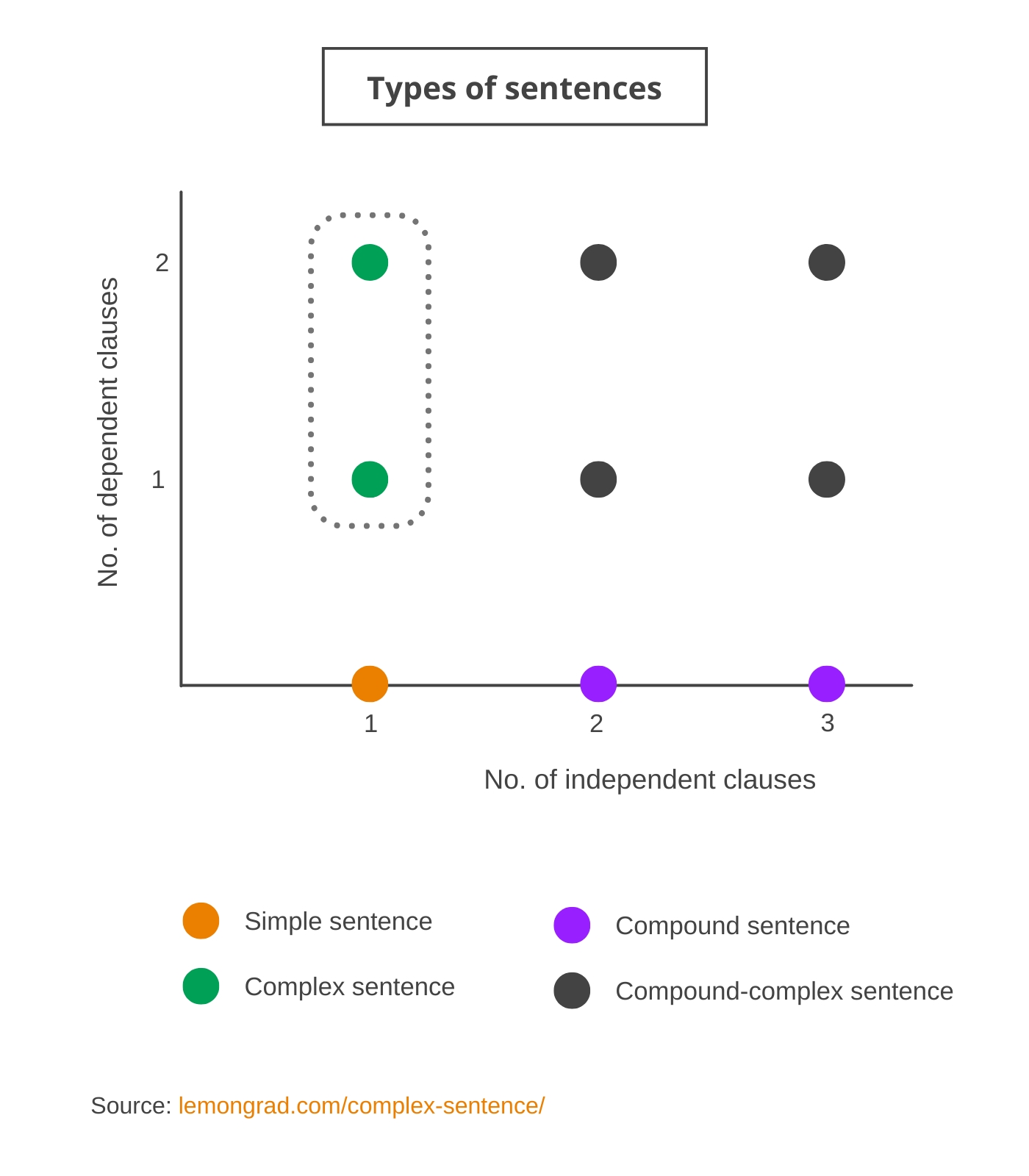
Mastering Complex Sentences: A Guide to Effective Communication
When it comes to writing and speaking, complex sentences can be a powerful tool for conveying nuanced ideas and expressing ourselves with precision. However, crafting complex sentences can be intimidating, especially for those who are new to writing or struggling with grammar. In this post, we’ll explore seven ways to master complex sentences and take your communication skills to the next level.
Understanding Complex Sentences
Before we dive into the nitty-gritty of complex sentence construction, it’s essential to understand what complex sentences are and how they differ from simple and compound sentences. A complex sentence is a sentence that contains an independent clause (i.e., a clause that could stand alone as a complete sentence) and one or more dependent clauses (i.e., clauses that cannot stand alone).
1. Start with Simple Sentences
To build complex sentences, you need to start with simple sentences. A simple sentence is a sentence that expresses a complete thought and has a single independent clause. For example:
- The dog ran.
- The cat slept.
2. Identify Dependent Clauses
Dependent clauses are clauses that cannot stand alone as a complete sentence. They often start with subordinating conjunctions like “because,” “although,” or “if.” For example:
- Because I forgot my lunch.
- Although it was raining.
3. Combine Independent and Dependent Clauses
To create a complex sentence, combine an independent clause with one or more dependent clauses. For example:
- The dog ran because it was excited. (Independent clause: “The dog ran”; dependent clause: “because it was excited”)
- Although it was raining, the cat slept soundly. (Independent clause: “the cat slept soundly”; dependent clause: “although it was raining”)
4. Use Subordinating Conjunctions
Subordinating conjunctions are words that introduce dependent clauses. Common subordinating conjunctions include:
- Because
- Although
- If
- Unless
- Until
- While
For example:
- The dog ran because it was excited.
- Although it was raining, the cat slept soundly.
5. Practice, Practice, Practice
Mastering complex sentences takes practice. Try combining independent and dependent clauses to create complex sentences. For example:
- The sun was shining brightly in the clear blue sky, but the temperature was still quite cool.
- Although the traffic was heavy, we arrived at the party on time.
📝 Note: When combining clauses, make sure to use a comma to separate the independent and dependent clauses.
6. Read and Analyze Complex Sentences
Reading and analyzing complex sentences can help you understand how to construct them effectively. Pay attention to how writers use subordinating conjunctions, commas, and clause structure to create complex sentences. For example:
- “Although the company had been struggling financially, the CEO remained optimistic about the future.” (Source: The New York Times)
- “Because the weather was perfect, we decided to go to the beach.” (Source: A novel by Jane Austen)
7. Edit and Revise
Finally, editing and revising your complex sentences is crucial to ensuring clarity and effectiveness. Read your sentences out loud to ensure they sound natural and make sense. Ask yourself:
- Is the sentence clear and concise?
- Are the clauses logically connected?
- Is the sentence easy to follow?
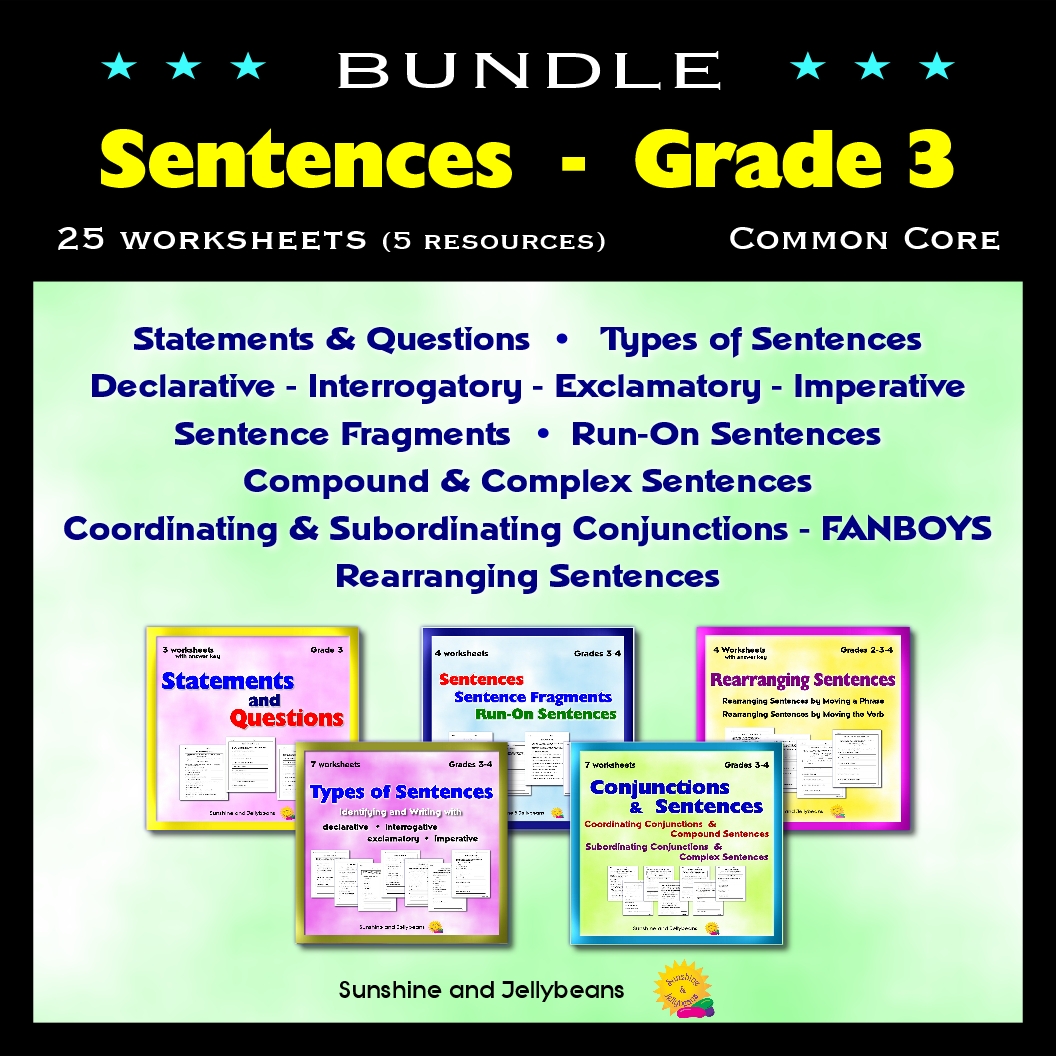
| Simple Sentence | Dependent Clause | Complex Sentence |
|---|---|---|
| The dog ran. | Because it was excited. | The dog ran because it was excited. |
| The cat slept. | Although it was raining. | Although it was raining, the cat slept soundly. |
By following these seven tips, you’ll be well on your way to mastering complex sentences and taking your writing and communication skills to the next level. Remember to practice regularly, read and analyze complex sentences, and edit and revise your work to ensure clarity and effectiveness.
As you continue to work on your complex sentence skills, you’ll find that your writing and speaking become more nuanced and effective. With practice and patience, you’ll be able to convey even the most complex ideas with clarity and precision.
What is a complex sentence?
+A complex sentence is a sentence that contains an independent clause and one or more dependent clauses.
How do I identify dependent clauses?
+Dependent clauses often start with subordinating conjunctions like “because,” “although,” or “if.”
What is the purpose of subordinating conjunctions?
+Subordinating conjunctions introduce dependent clauses and help connect them to independent clauses.
